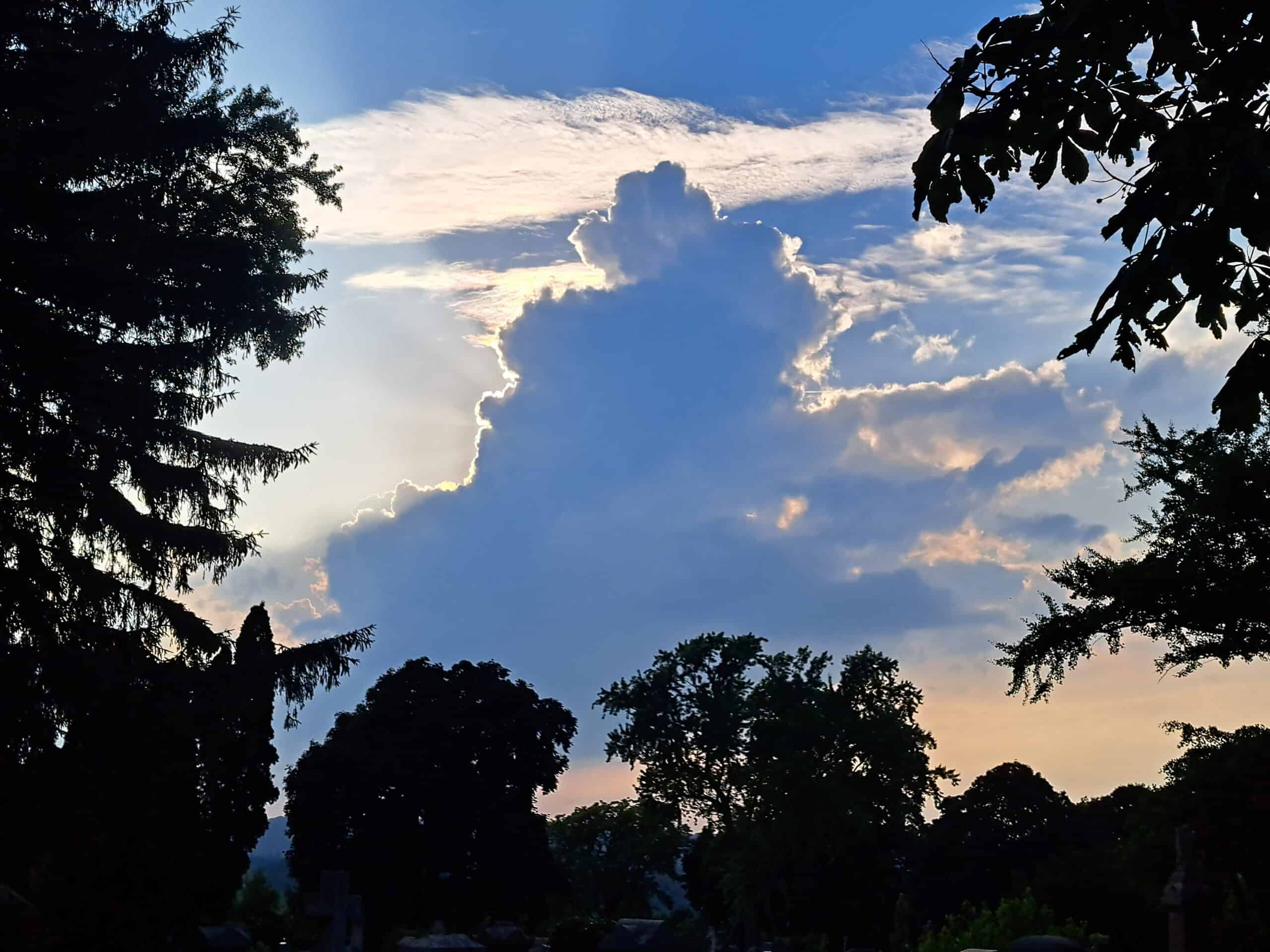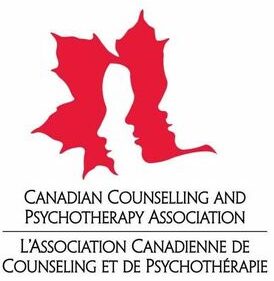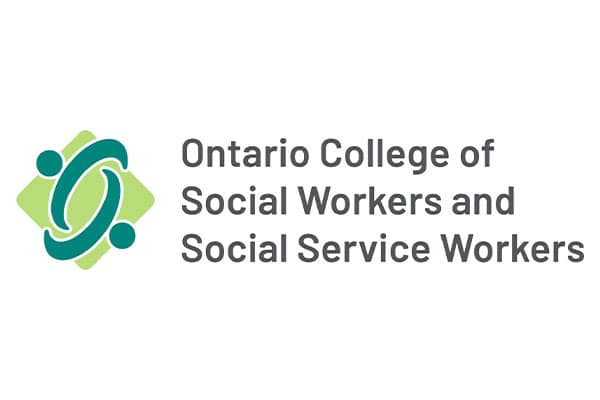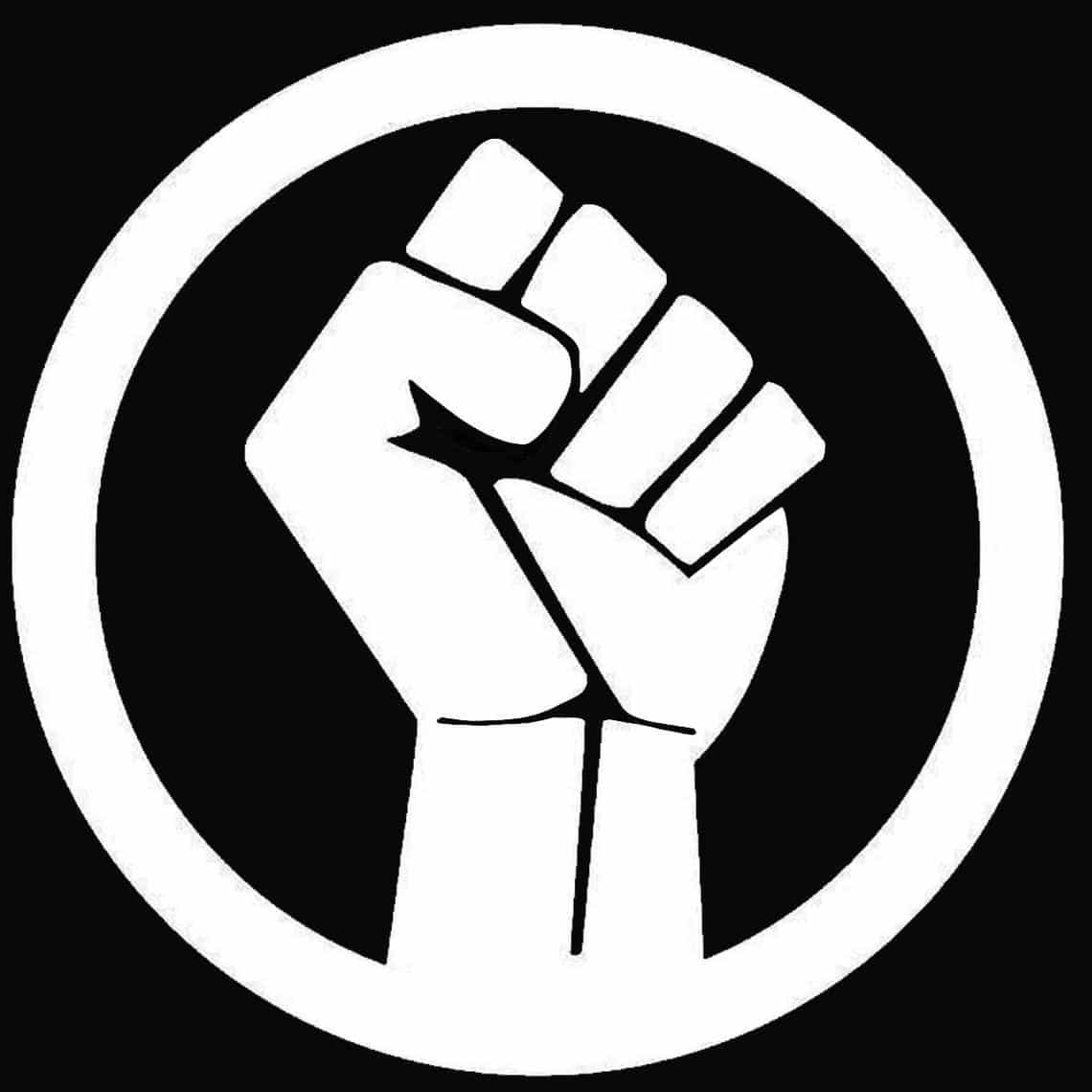The Inheritance of Loss Part 2– Healing, Forgiveness, and Back to the Future part 4

In the first part of this blog about inherited trauma, I explored ideas and family stories about the ways that our genetic past echoes in the background of our own present day lives. But what do we do with these echoes and patterns? To be aware is always the first step. It is a lot harder to change something if you don’t even know it is there.
As you explore some of the things that feel problematic to you right now, you may get curious about how they may align with difficult patterning from not only your youth, but your parents before you, and even their parents, and further. But what do you do when you notice a theme that started way before you?
I shared a bit about the trauma in my family history, and I can see that it ripples in my life in ways that are not obvious. We live in such different contexts than our parents and grandparents – so consider that these patterns are less about the specific content, and more about the emotional tone, symbolism, and core beliefs.
For example, one of my clients was struggling with feeling inauthentic in her intimate relationship. She often felt like she was being slightly fake, not just in a fairly normal social context, but with her husband. She found herself hiding things for no apparent reason. When we looked at how this might resonate with her past family, she was struck with a sense of symmetry with her mother’s family, that spent decades hiding the fact that they are Jewish due to the war. It is more of a felt recognition of the pattern, and in seeing this, she could see it more impersonally. That’s a great step in bringing these implicit patterns into explicit consciousness. So get curious!
Most of what we just unconsciously believe is true about life and the world is already inherited cultural beliefs that are so ubiquitous that they are just the air we breathe. Certainly, it would be healthy to question and notice even them. But here I’m talking about more idiosyncratic views; tendencies and perspectives that may be personally limiting, or problematic in the way of social norms.
These patterns were likely adaptive at one moment in time. They were born out of responses to crises, challenges and great change and loss. But we can be living as if those things were still happening. People who abide in an almost constant state of anxiety: what exactly are they reacting to? Could it be a stored response to something in the past? The science of trauma knows that this is exactly what is happening. But when there is nothing evident in our ‘personal’ past, the answers might lie further back.
As I learned about the trauma in my family, it often caused me a lot of grief, just wondering how things could have been different. Of course, we all do that. We all dream of going back and changing things. Of course, on one hand, that is a fantasy, but maybe it is not so impossible. I can’t help but wonder sometimes, what would have happened had my mother had some trauma therapy in her life. Or, don’t stop there, had her father?
We can’t know that. Or can we?
We don’t really change the past, but there is something like time travel that happens in the processing of our trauma. We know the past through living it in the present. And we change the past by changing how we relate to it, in the present. I can know, through my own life. I can do the healing my mother and grandfather did not. And I can live the difference.
I don’t get to go back and be young again; but as I not just cognitively but somatically re-understand, release, forgive the past, it can be as if I get to be the adult that grew up out of that healed past. As we say in trauma therapy: we don’t change the past, but we do get to change our experience of it. And that is enough. In a way, that changes the past, because it changes how it affects us.
I am convinced that there is something in this that like time travel.
The past, after all, does not exist anywhere except in our mind. There is nothing substantial about the past except our experience of it. Whatever we call the past is pure fantasy anyway. And though we like to think that our memories are these reliable photocopiers of reality, they are quite the opposite. For one thing, memory is necessarily subjective. And, every time we even touch a memory, it changes. History is an altogether different thing than memory. The only past that can be said to even exist is in our mental construct. What if we had seen things differently?
Two people experiencing the ‘same event’ can have vastly different experiences. The memory is an amalgam, a package of thought, feeling, sensory stimuli. And when we revisit that package that we hold inside us, those things will shift. Trauma therapies of every modality are based on this good science.
And most of trauma therapy is necessary, as side note, only because we don’t revisit these things on our own, outside of the counselling office. Our systems are used to unconsciously re-enacting them, or actively suppressing them – but we rarely approach these feeling-memories with intentional awareness and non-resistance. To do so would be to see them in a new way – but also to possibly heal.
I often hear from clients something like, “why would I think about that awful thing/ feeling that happened to me? I just want to get rid of it?”. And that is when I try to explain to them that their resistance and avoidance of the memory, feeling, idea, is exactly what keeps it intact.
“What we resist, persists. And what we look at, disappears.”
Only by deep looking, can we dismantle the tightly woven feelings and their ideas that otherwise stay rigid and fixed. When we really confront our demons, they always, always turn out to be made only of our own fear. They are monsters under the bed – real under we finally have the courage to look.
So we start with curiosity, but then it takes courage. Courage to look into these dark places.
What if, instead of being furious, confused, sacrificial, defeated by my family situation as a teenager, I had – without changing the actual circumstance – been understanding, compassionate, capable of not taking it personally? Too much to ask of a 15-year-old, no doubt. But not too much for a man in his forties.
I can see it differently now. I can understand my mother, my father, my brother. And true understanding is healing. And in that, I am released of my own constrictions. And maybe it is possible that in this, I somehow release them as well.
I can see it differently now – not just the memory itself but from within the memory – I can see the moment differently by playing it through from the inside out, and noticing new things with the help of my much more capable present-day mind. And in doing this, in many ways, it seems to be like recording over the same area of the tape. Where once it played a jagged, violent song, it now just plays the soft fuzz of static.
This brings us to a word I have been thinking about a lot more lately, while I dive into this study: Forgiveness. Such a charged, grand, confusing word. So laden with religious connotation, so misunderstood.
What is forgiveness, really?
Whatever it is, it has nothing to do with the words of apology spoken out loud. Real forgiveness is in the heart, in the depths of mind – it is some kind of actual energetic release and reframing that changes one’s relationship to the old material. I suspect that forgiveness is merely an antiquated, archaic word that is still in use with utterly lost meaning, like so many biblical and historic terms.
I love what Byron Katie says about forgiveness: that it is just understanding things differently. And isn’t that the core of healing?
If I consider my grandfather’s suicide, there is a cacophony of voices and emotions around it. Anger, loss, fear and sadness, but also tremendous guilt and shame and failure. I’m not clear on who carries what, but it is all around me, lived in my mother, her sister, my brother, and myself. How do I forgive him? So much pain would have been avoided had he stayed alive. Or so it seems. But what do I know. Why do we always think we know better?
Maybe it was ok. Maybe it just had to happen like that.
I listen to my feelings, my judgments and assumptions and ideas, and I question them, meet all of them with the deepest love and compassion. And when I do so, I can see that the emotions settle, and eventually I am left with only love for all of us. I can understand why he did that: those energies are in me too. They are in all of us, if we look. And I can release that part of me with kindness. I can let him leave and be ok. And I can let myself be left, and still be ok. I can see that all of this brings me closer to knowing my own unshakeable essence, and in that, it teaches me a priceless and perfect lesson. I can understand this historic event in a new way that no one in my family has been able to consider. And in this I heal. In this I release the past and am freed by it. I am not bound by either the patterns or in the fight against them. I merely see them from a step removed. In this I free my family, too. I free them from the ways that I have been accidentally hanging on and dragging them with me. I forgive. I see us all as innocent, perfect in our essence.
And in that, I am finally allowed to be free, just in the present moment. No past equals no fear; equals no future.
I believe that one of the ways to articulate our great challenge in life is to say that we all must find a way to forgive the world. This is a sentiment echoed in plenty of spiritual texts, depending on how you interpret the words.
To forgive the world is to see it differently. It is to see that it is not a world, but a mirror. It is to release it of its hold upon us, and know it in a new way, without fear.
To start this process, we may forgive the obvious people that grieve us, and likely, that starts at home – in the family. Ultimately, they are just parts of you, and all forgiveness is self-forgiveness.
So much of therapy is about bringing unconscious out into the conscious. But then, it is work to reframe, reprocess, release. In this we see the role of different models of psychotherapy – psychodynamic methods of exploration, and then the more modern CBT or EMDR or The Work of Byron Katie, to reframe and reprocess, IFS as well to release, to detach. Most of the more modern models of psychotherapy can help in the understanding and healing of ancestral trauma, if that is a lens that is explored. I am amazed at the amount of therapy that is being done where the counselor is not even asking about the family history, or connections to the past.
If this is not something that has been looked at with your therapist, consider brining it up. Or just do your own journaling, talking to your living relatives, and self-investigation with an eye to where your thoughts and patterns come from. So many families with trauma simply “do not talk about it” – since that was just the way that most people dealt with brutal life events in the past. We just didn’t have the skill or capacity or knowledge to deal with things back then. Not in the mainstream, anyway. So we buried it.
But all that was buried by your ancestors, is stored in your in some way. And that is collective as well. All that is buried in the collective unconsciousness is available to see for all of us. That is why we all share universal ideas and archetypes.
So I’m relieved to say that this lens doesn’t demand new or special ways of doing therapy. We have the tools already. It is about where we apply those tools; to what do we apply them.
—
A month or so ago, when I was deeply thinking about these things, and really feeling the thick presence of history as I sat with it – I was drawn to watch the movie “Back to the Future”. I had not seen it for likely 20 years or more – it was a classic movie of my childhood. It is the only movie I ever remember going to see with my entire family at the theatre.
How perfect. I can see that the movie itself is an archetypal fantasy of our childhood yearning to change the past; to fix the mistakes of our parents and ancestors, to alter history, so that it can ripple into our present lives. By following our memories in quiet, meditative focus, or in guided processes like IFS therapy or EMDR or somatic experiencing (SE), we may can bypass the DeLorean time-machine and go straight to the memories themselves. Some people are, in fact, afraid of not being able to come back to the present. They are afraid that they will get stuck – not in the past exactly – but in the feelings themselves. They can be so strong that historically they just consume us. But that is exactly the experience that we can shift by entering the memory with awareness and love. We can prove to ourselves that there is nothing to be afraid of – that feelings move, and don’t stay, and that what happened before is not actually happening now. We can loosen its grip, playing it out differently.
What would have happened had my grandfather not killed himself? Had his family not enotionally shut down? Had my mother not had a nervous breakdown? Had I been able to keep level-headed as a teenager?
I can see things differently now. And in doing so, I regain my choice. I can be the person that I want to be, now. Those patterns are allowed to be truly done and over. We actually don’t need to change them. We just need to see them clearly. My grandfather did what he had to do, and so did we all.
But I have a choice now.
And you do too.
Whatever in your life feels like an area in which you don’t have choice – no doubt that this is the evidence of a pattern from the past that no longer serves you. Look at it, get curious and brave. See through it until it becomes insubstantial as a memory. Keep working at it until there is real freedom.
It is our nature, this freedom. It is our clarity and our essence. Anything else we can release, forgive, and heal through love and its insight.
Not just our family, but the world at large is just the parts of our own mind that ask us to see them clearly – to see their beauty, their innocence, and our perfection. Only when we don’t need the world to change at all – at all – will we know we have forgiven ourselves. Only then will we be free.






